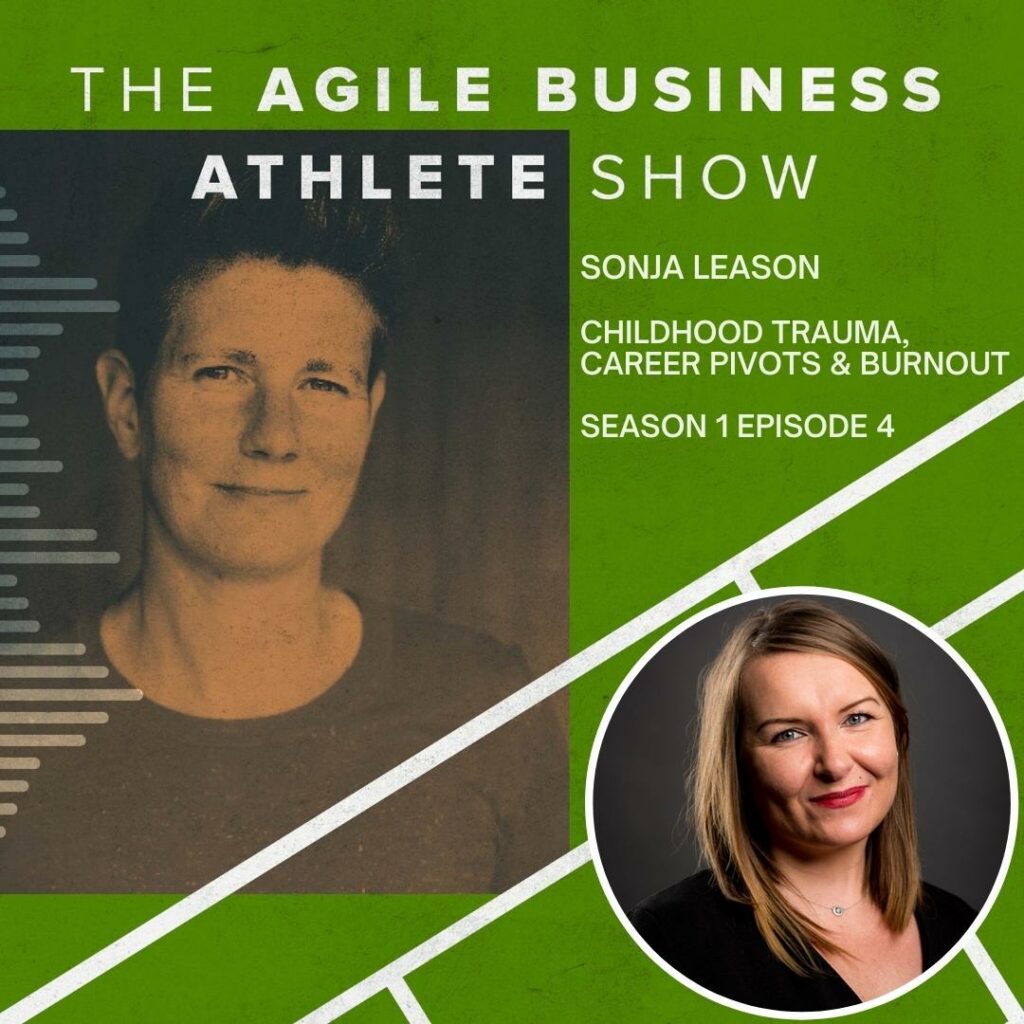When are your Wimbledon’s may sound like an abstract question, so let me explain. In today’s world, many of us think we need to be ‘on’ all the time or have the expectation that we need to be firing on all cylinders all day, every day. We have very demanding jobs, we often have a busy home life, but we still want the energy to do things that we find fulfilling. This is precisely why I think we would benefit from learning from athletes, emulating their practice within the context of business and daily life, and learning to manage stress in the same way they do.
Busting the myths around stress
It’s possible that stress has an image problem. We tend to think of stress as a negative thing – it leaves us feeling tired, under pressure and irritable. Here’s a new way to look at stress; it isn’t a bad thing, and in fact very often it can be a good thing. Exercise is a form of stress, but provided we get adequate rest and recovery, we get the physiological adaptations we are working towards.
Coldwater exposure (two members of my team swear by it!) is good for us in small doses, as is a sauna for example. These forms of stressors are known as hormetic stressors, which is the idea that something potentially fatal is good for human health in small doses. Deadlines, certain plants, physical challenges are all examples of good stress that encourages positive adaptation. It’s when stress becomes prolonged and elevated that it becomes problematic.
The example of Serena Williams
Serena Williams is one of the most decorated athletes of our generation. We all know she’s hugely successful, but even at her elite level, she won’t be Grand Slam (i.e. Wimbledon) fit throughout her year. Williams will be anticipating and gearing up for the big events, de-loading and recovering after each big event, playing some satellite events to keep her skills up before playing another big event. She’ll be looking at all aspects of her health, her sleep, mental health, energy levels, body composition, digestive health as well as what she does for recovery. Williams will be managing her stress levels with a daily recovery practice, but also anticipating when the peak events are and adjusting her schedule accordingly.
I believe we as business athletes need to do the same.
What does this mean for us?
We can learn a lot from Williams in terms of managing our stress and recovery. During the day, we should schedule in little slivers of recovery; that could be a short, brisk walk; a minute of deep breathing; 2 minutes spent daydreaming out the window; “movement snacks” every hour, or a few minutes with your kids. Prior to weekends, pay attention to the schedule and ensure there isn’t too much to do. I recommend keeping one day for spontaneous activities or a day at home chilling out.
In the medium term, it’s all about anticipating what’s coming up. When are your Wimbledon’s? What are the big events in your life that you need to get ready for? They may be work-related (end of quarter results, an event, or summer holidays when many of your colleagues might be on holiday, and so on), or personally driven. By anticipating when these events take place you can plan for them and ensure that you’re ready.
What to focus on
Ask the question “When are your Wimbledon’s?”
Prior to, and after key events, or even after a busy day, your mind and body will need to recover. Take some time to schedule activities like sleep, (between 7-8 hours is what the vast majority of us need on a nightly basis); doubling down on eating well and drinking plenty of water. Meditation or activities that are meditative such as walking in nature or being with your pets: taking a long bath or sauna; being with family; devoting time to your hobbies and interests; exercising in a restorative way i.e. yoga, cycling or bodyweight training such as Animal Flow, and relaxing the nervous system. By predicting big events and asking ourselves “when are my Wimbledon’s?” will mean we can make time for recovery.
The intelligent way to train and manage your lifestyle is by paying attention to recovery and appreciating that ultimately it’s about longevity of healthspan, not lifespan. It’s much better to live a healthy life than a long life if that long life was riddled with ill health. Living your life according to the principles of the Agile Business Athlete™ will help you achieve this goal.
Burnout prevention and recovery
There are 12 stages of burnout as identified through the work of psychologists Gail North and Herbert Freudenberger. We have a fantastic resource that walks you through each stages so you’ll know what to look for in yourself, your teams and those around you. It also has helpful advice and tips at each stage so you can take action either for yourself or to support someone else.
Please note: Burnout is a serious and crippling condition, and you do not have to go through that alone. If you’re feeling burned out or are suffering the effects of chronic stress, reach out to someone


